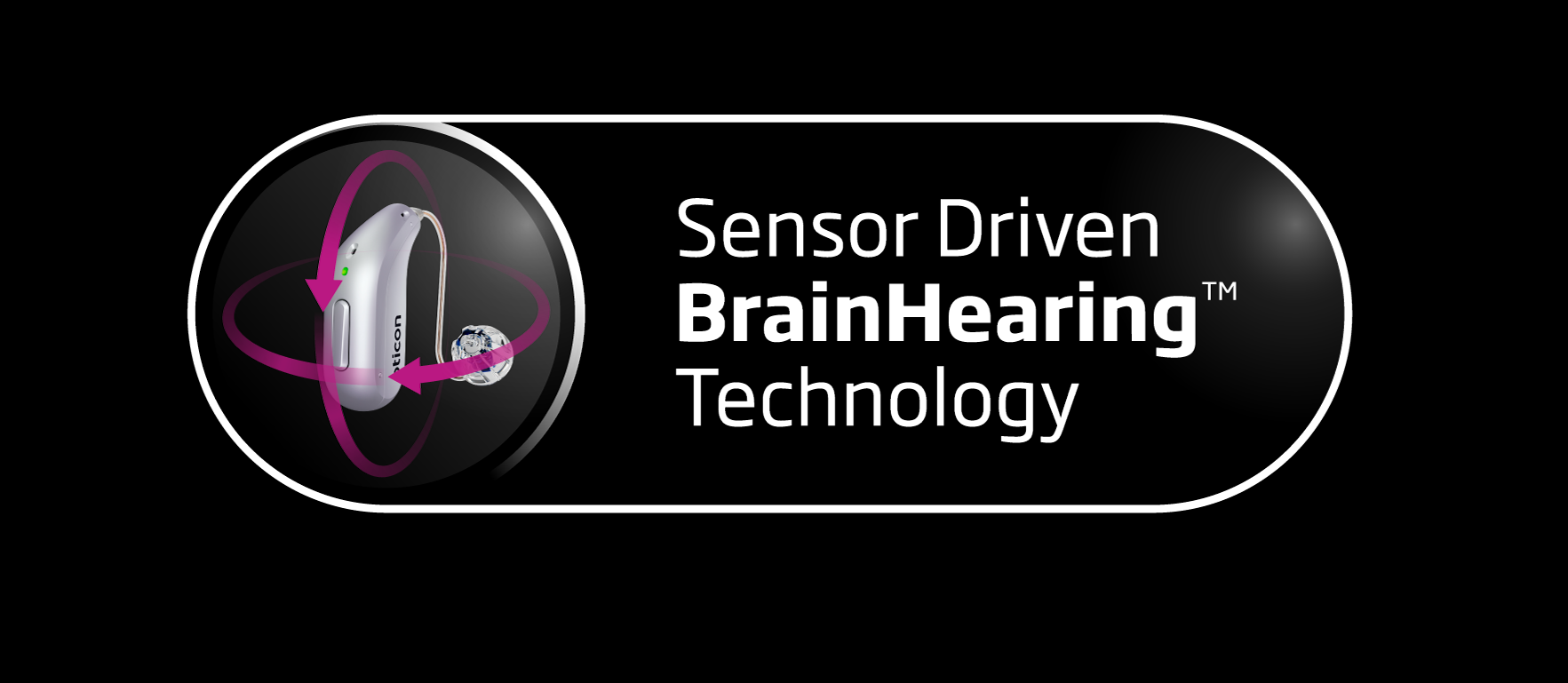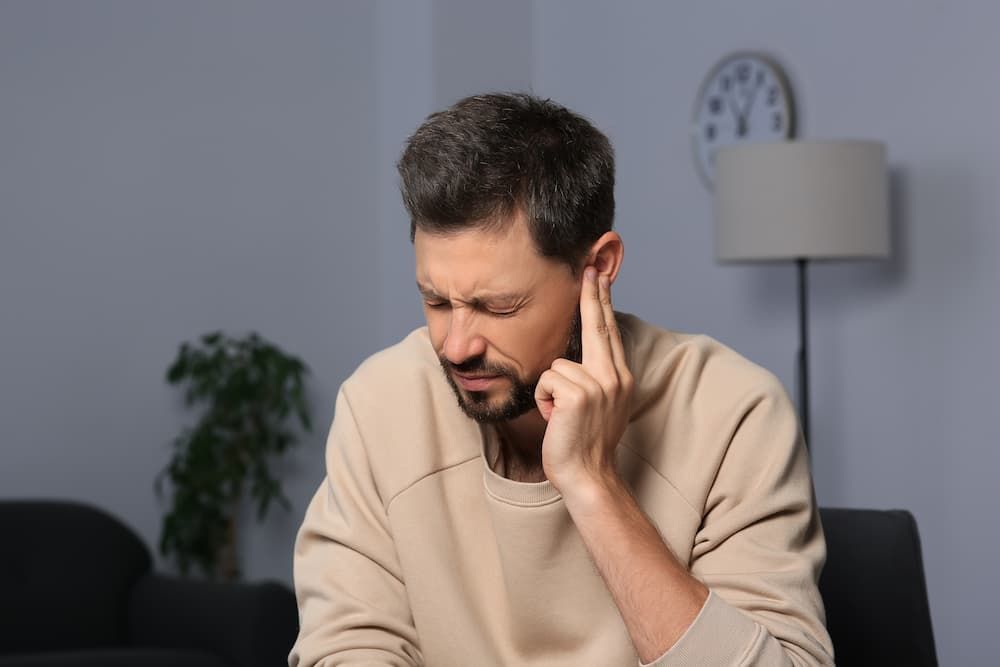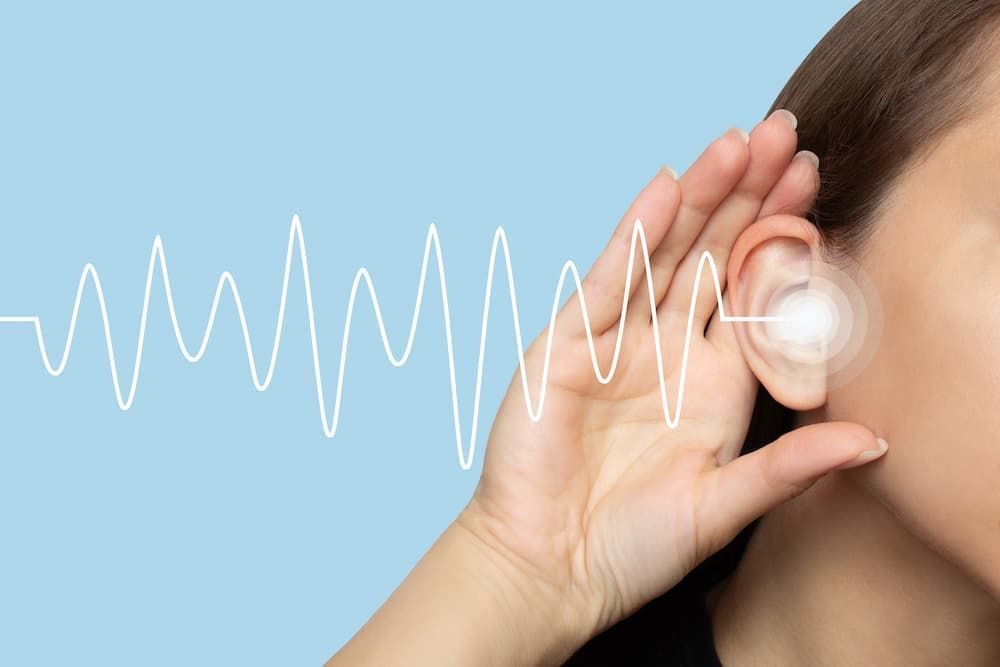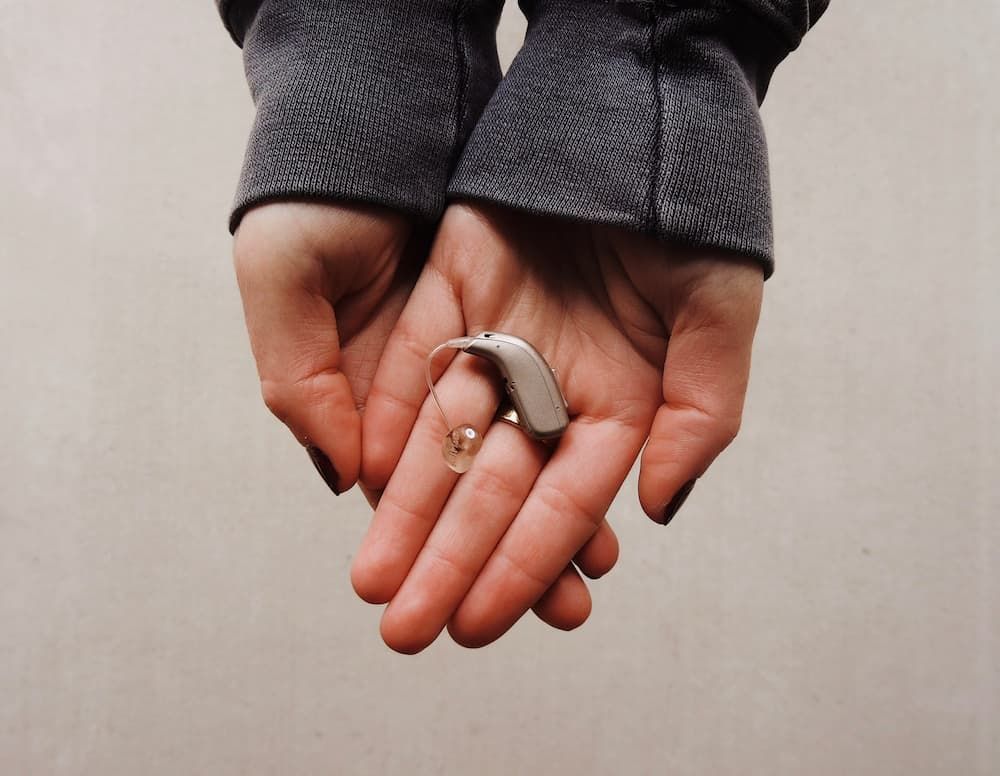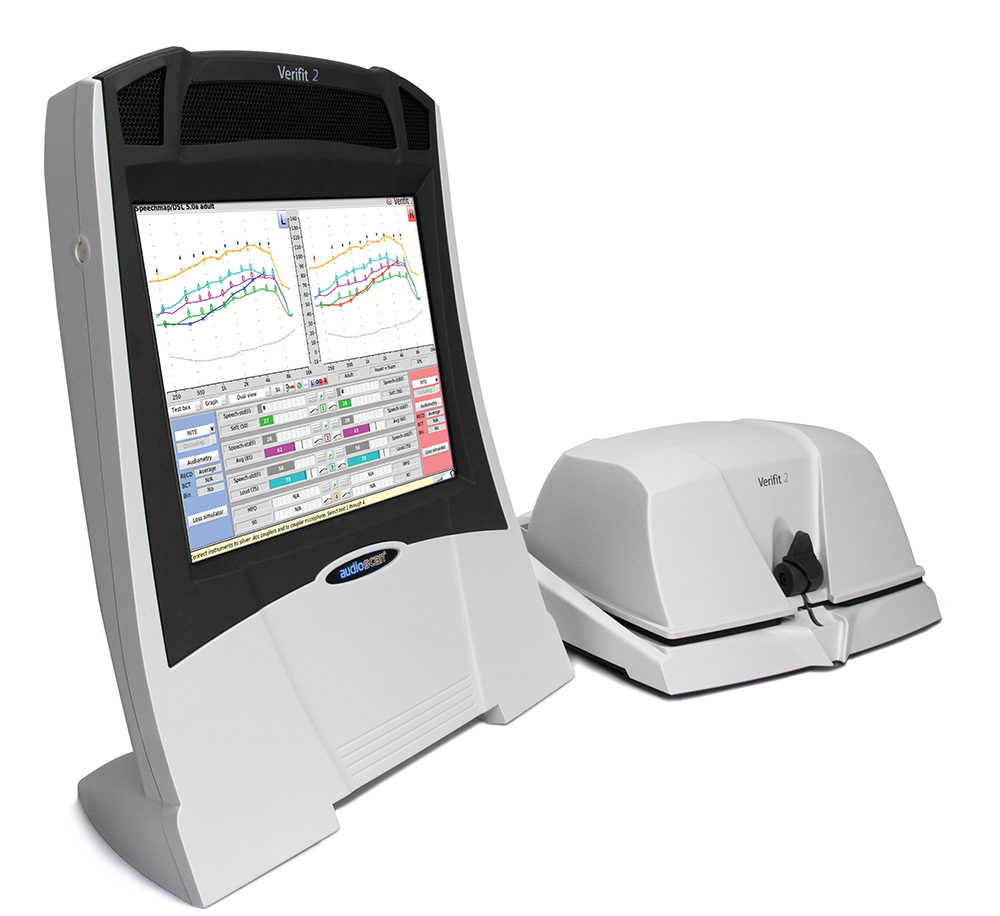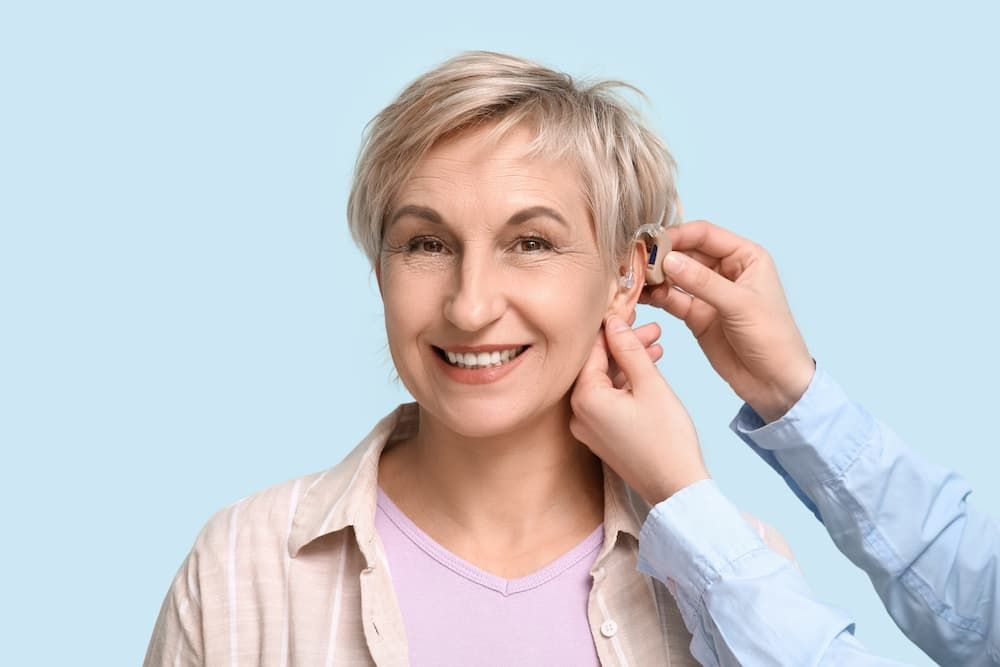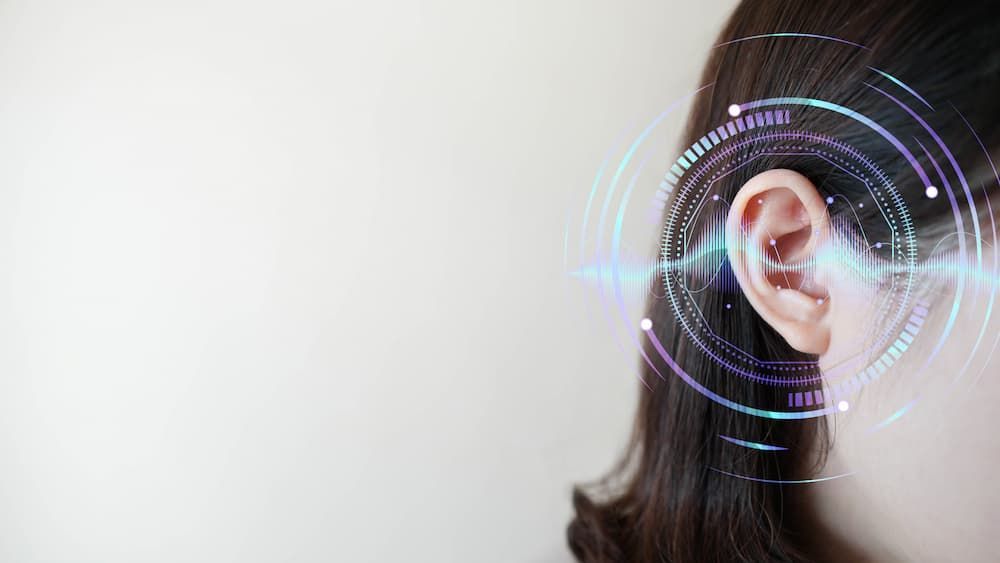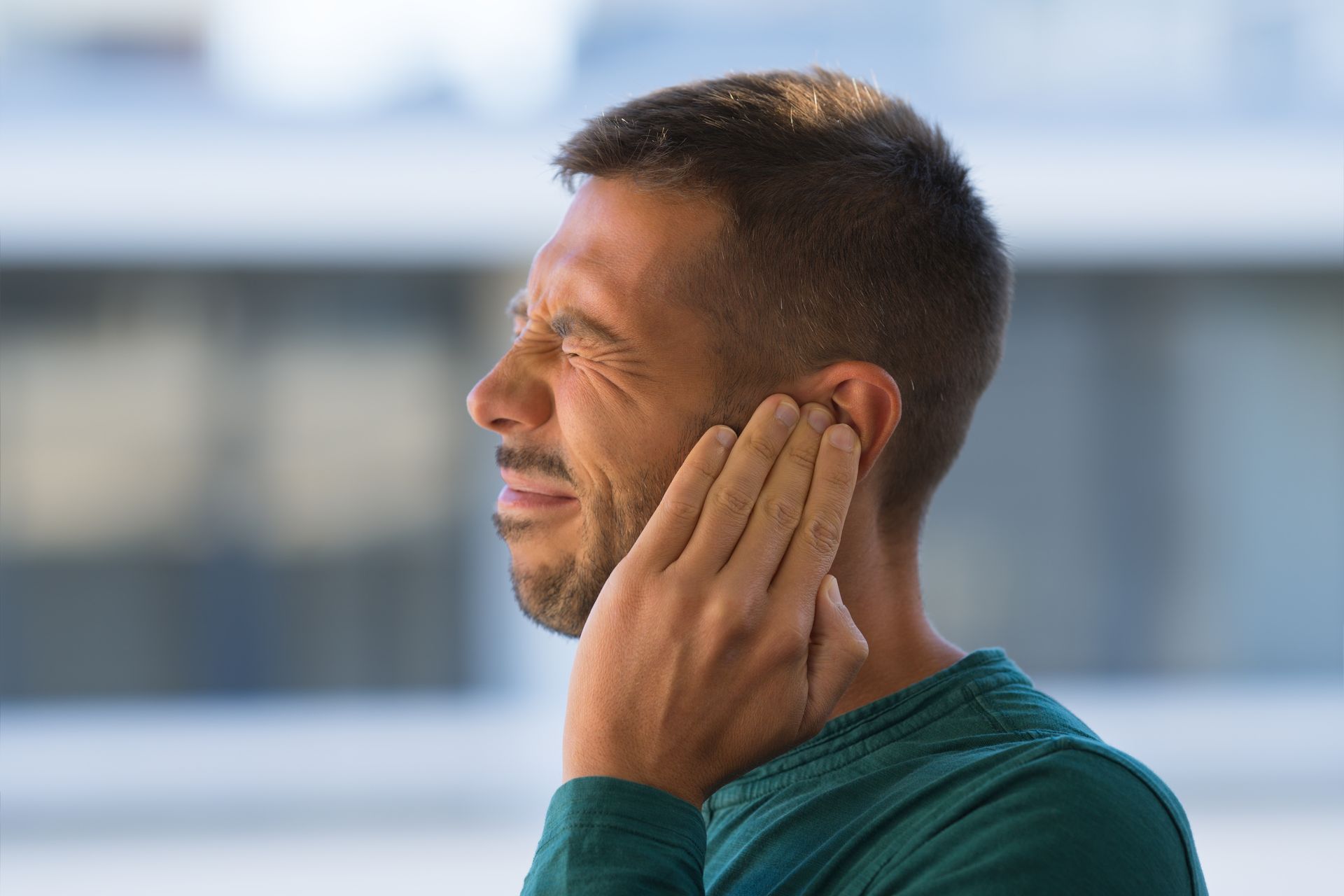Hearing Aid Basics 101 - Pt. III

Hearing Aid Basics 101 - Pt. III
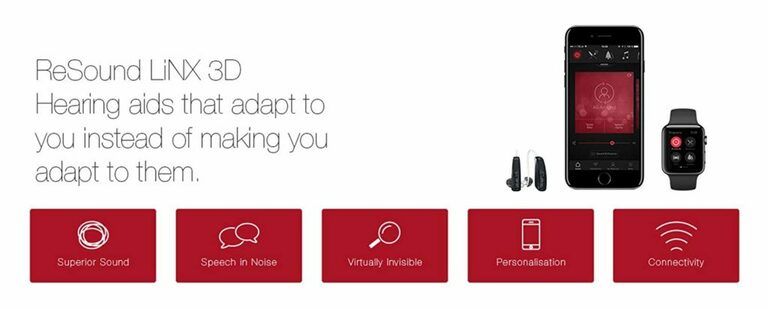 Today we'll wrap up some of the frequently asked questions about hearing aids, in our part 3 of 3 series.
Today we'll wrap up some of the frequently asked questions about hearing aids, in our part 3 of 3 series.
At Tinnitus and Hearing Center of Arizona, we represent some of the finest hearing aids on the market at affordable costs. We're a full service audiologist, and also provide therapies for hearing conditions such as tinnitus, misophonia, hyperacusis, as well as provide hearing loss protection such as musician ear plugs and in ear monitors.
Taking Proper Care Of Your New Hearing Aid
You can extend the life of your new hearing aid with proper care and maintenance. Follow these care tips:
-Moisture and heat can damage the device, keep it away from them.
-Ear drainage and earwax can damage the device. Keep the aid clean by following the directions provided to the letter.
-When wearing hearing aids, don't use hair care products, such as hairspray among others.
-When not in use, turn the hearing aid off.
-Dead batteries should be swapped out with new ones as soon as possible.
-Tiny aids and replacement batteries should be kept away from pets and kids.
Can I Find Hearing Aid Implants?
Even though hearing aid implants help enhance sound wave transmission in the inner ear by design, their operation differs from those discussed above. For instance there’s a tiny device that is designed to be implanted on one of the bones in the middle ear referred to as a MEI (Middle Ear Implant). The device vibrates the bones directly instead of amplifying the sound waves moving towards the eardrum. To help persons suffering from sensorineural hearing loss to detect sound, both approaches basically strengthen the sound waves making their way into the inner ear.
Another option comes in the form of a tiny device implanted onto the bone behind the inner ear, referred to as a BAHA (Bone Anchored Hearing Aid). The device by passes the middle ear altogether, using the skull to transmit sound waves to the inner ear directly. People who suffer from deafness in one ear or middle ear issues are usually advised to use BAHA devices. However, a huge number of specialists feel that the risks outweigh the benefits of using these devices as both require surgical implantation.
Meeting the cost of hearing aids through financial assistance
Although some insurers cover the cost of getting hearing aids, most don’t. Under the EPSDT (Early and Periodic Screening, Diagnostic and Treatment) service, young adults (age 21 and below) and eligible children qualify for financing for treatment, including the cost of hearing aids, and diagnosis of hearing issues through Medicaid. The State Children’s Health Insurance Program or individual state’s intervention program may meet these costs for kids.
Diagnostic evaluations prescribed by a doctor to help them come up with a plan for treating an adult may be covered by Medicare even though hearing aids are not covered. Where other coverage requirements have been satisfied, Medicare will meet the cost of a BAHA device, since it is categorized as a prosthetic, instead of a hearing aid, under Medicare.
Refurbished or used hearing aids are offered by some non-profit organizations, while others offer financial assistance towards the acquisition of the aids. To learn more about any non-profit organizations providing financial help towards the acquisition of hearing aids reach out to the NIDCD (National Institute on Deafness and Other Communication Disorders) information clearinghouse.
Ongoing Hearing Aid Studies
Studies on how to integrate emerging signal processing techniques in the design of hearing aids are ongoing. To match the diminished hearing capacity of individuals using hearing aids, signal processing facilitates the amplification of sound through the modification of normal sound waves. To help improve understanding, researches funded by the NIDCD are looking into ways of enhancing speech signals using hearing aids.
Furthermore, to create and produce improved hearing aids, researchers are also looking into the use of computer-aided technology. Methods of improving the transmission of sound and reducing the occlusion effect, feedback and interference form the basis of other ongoing studies. For groups where testing for hearing ability poses a challenge, like kids among others, some studies are looking into ways of better choosing and fitting hearing aids.
Designing improved hearing aid microphones using observations drawn from animal models is another promising research path. Since the construction of its ear allows it to identify the direction from which sound is coming with ease, the Ormia ochracea fly, which has exceptionally acute directional hearing, is the main focus of a group of researchers also funded by the NIDCD.
Scientists are looking to develop tiny directional hearing aid microphones modeled against the ear structure of the fly. Instead of picking up sounds from all directions, the microphones prioritize sound waves coming from the direction the person is facing. Even when surrounded by noise from all corners, directional microphones hold a lot of potential when it comes to helping individuals focus on a single conversation.
This translates into the research and technology behind the hearing aids of today. They’re smaller, more discrete, and able to utilize customizable features through interfaces and/or smartphone apps. Major companies that we represent, like Oticon, are coming out with new hearing aids like their Opn S that claim, “Opn S hearing aids take the open sound experience to the next level to deliver speech understanding on par with normal hearing.” And the apps that are available to pair with today's hearing aids are amazingly customized to volume levels, speech directionality, tinnitus masking options, and much more.
We at Tinnitus and Hearing Center of Arizona are familiar with this research, and bring on the finest technology hearing aids at affordable costs. We’re confident that you’ll like the performance and our selection, and we encourage you to contact us to schedule a hearing aid demonstration to see what they could do to improve your hearing.
Call us at (480) 831-6159 , or use our Online Scheduler to book your appointment online for hearing aids in Tempe AZ.
The information provided in this article is not meant to be medical advice and is for educational purposes only. If you would like to learn more about this and other hearing-related topics, feel free to contact Tinnitus & Hearing Center of Arizona by clicking here or by calling 480-831-6159.
